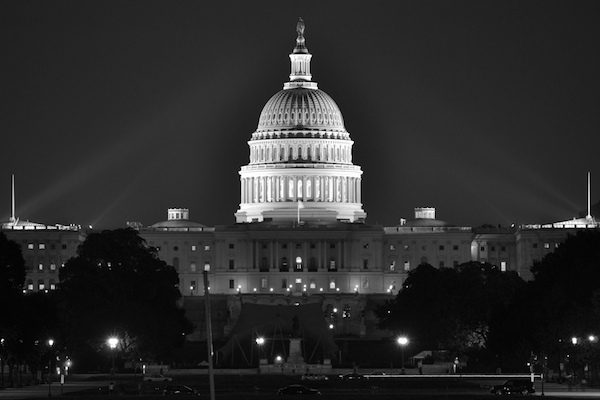The Politics of the Nuclear Deal

Josh Rogin promotes the odd idea that the nuclear deal is a liability for Clinton and the Democrats:
The odds are that President Obama will be able to muster enough Democrats to sustain a veto of any resolution to kill the deal. But Democrats will pay some political price. That may not affect Obama, but for Clinton it’s a big problem her campaign has yet to solve.
It’s not clear that Democratic supporters of the deal will pay any political price. In fact, this seems to get the politics of the deal completely backwards. There has always been broad support for diplomacy with Iran on the nuclear issue, and there was majority support for the interim agreement in 2013. There has consistently been plurality or majority support for the outline of a deal that restricts the nuclear program. Some surveys show that many respondents don’t know enough to take a position either way so that definite support is below 50%, but others show that around 60% of the public backs the kind of deal that was just struck. Opposition to the deal is typically the least popular position. It is probably true that opponents of any deal are more fixated on the issue, and they are more likely to make a candidate’s position on this a major factor in whether they offer support, but for the most part these aren’t people that were going to be supporting Democratic candidates anyway. It’s not obvious that Clinton has any problem here that needs to be “solved.”
If the deal presents a political problem for anyone, it is the eventual Republican nominee. Whoever becomes the nominee won’t be able to rail against the deal without inviting suspicion that he wants to use force, and by the time the Republicans have chosen their nominee the deal will have been in place for almost a year. Talk of scrapping the deal will be and will come across as the position of a hard-line ideologue. The Republican nominee won’t just be going against public opinion on this, but would be taking such an extreme hawkish view of the issue that he is sure to remind most voters why they still don’t trust Republicans to conduct foreign policy. Assuming that the nominee will be a supporter of the Iraq war, the nominee’s vulnerability on this issue is even greater. It would be very easy to contrast the disastrous, unnecessary military attempt at “counter-proliferation” in Iraq with the peaceful and thus far successful diplomatic resolution of the nuclear issue with Iran. Republicans are now stuck with a field of candidates uniformly against the deal, and it is likely to be a liability for them a year from now.
Comments